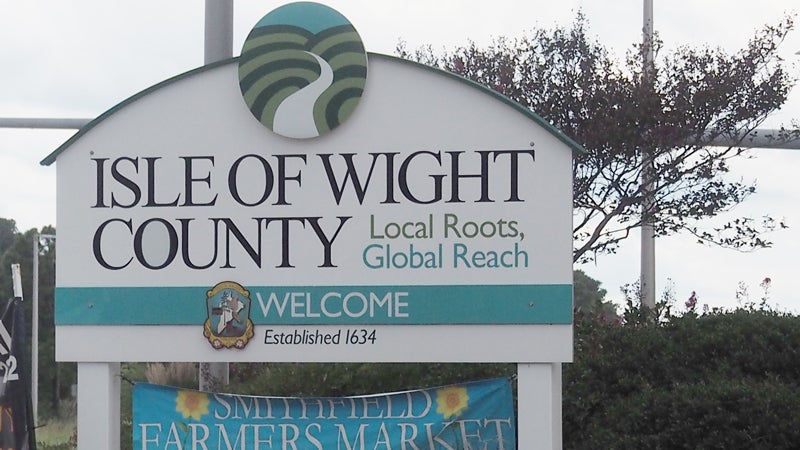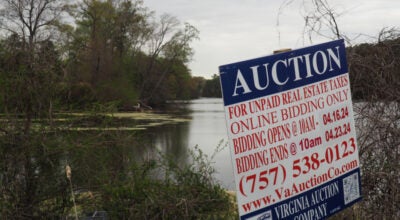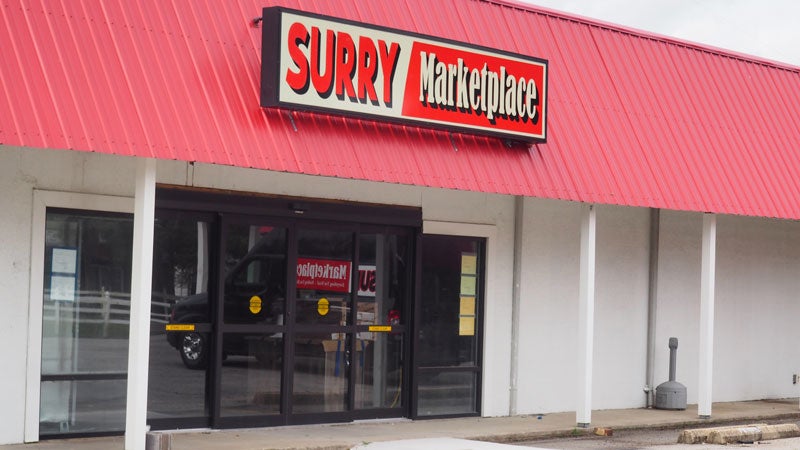Bill would create ‘rural job zones’ in Western Tidewater
Published 5:47 pm Tuesday, May 25, 2021
U.S. Sen. Mark Warner (D-VA) is proposing bipartisan legislation to encourage greater private investment in rural and low-income areas, among them Surry, Isle of Wight and Southampton counties.
The bipartisan Rural Jobs Act would build upon the New Markets Tax Credit program by offering, for two years, $500 million in NMTC investments for “rural job zones,” defined as low-income communities with populations smaller than 50,000, not adjacent to an urban area. Under the definition, rural job zones would be established in 342 of the 435 congressional districts across the nation, including in Surry, Isle of Wight and Southampton counties.
Warner reintroduced the proposed legislation May 18 along with senators Roger Wicker (R-MS), Ben Cardin (D-MD), Shelley Capito (R-WV), Kyrsten Sinema (D-AZ), John Boozman (R-AR), John Hoeven (R-ND) and Cindy Hyde-Smith (R-MS). Companion legislation has also been introduced in the House of Representatives by Reps. Teri Sewell (D-AL) and Jason Smith (R-MO). He had previously introduced the idea in 2019.
“The New Market Tax Credit program has a proven track record of reviving local economies and creating needed jobs in communities around the country. Unfortunately, less than one in four jobs created by this program have been in rural communities,” Warner said. “This legislation will bridge this job creation gap by earmarking additional tax credits specifically for rural and underserved regions, which are suffering tremendously due to the health and economic impacts of the COVID-19 crisis.”
Under this legislation, Virginia would have more qualified census tracts than almost any other state. It would require that at least 25% of this new investment activity be targeted to persistent poverty counties and high-migration counties. There are approximately 400 persistent poverty counties in the United States, 85% of which are located in non-metro or rural areas.





